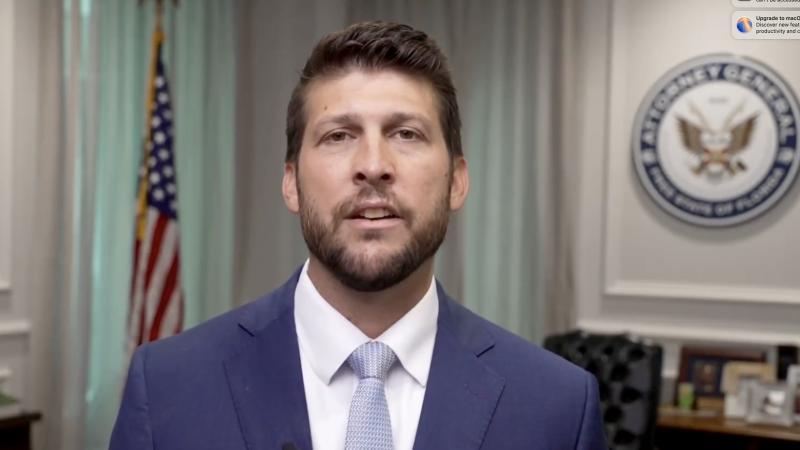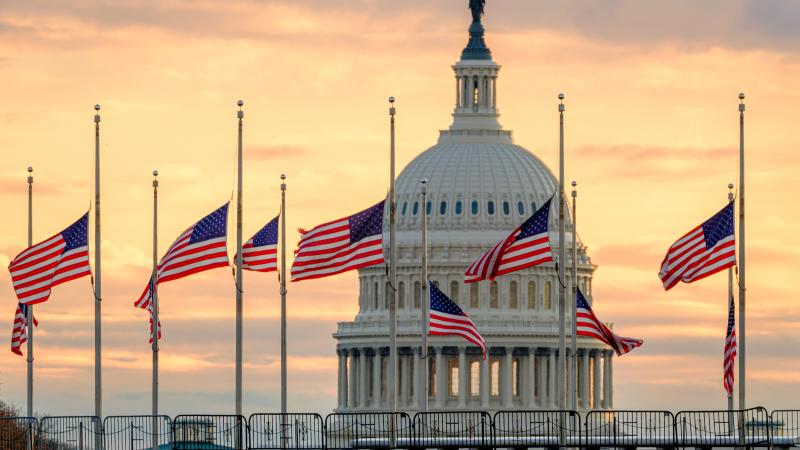Ohio court weighs legality of criminal charges for Down syndrome abortions
Doctors will be charged with felony for terminating the pregnancies of unborn child diagnosed with Down syndrome
A federal appeals court in Ohio is hearing arguments about the constitutionality of a state law that charges a doctor with a felony for performing an abortion specifically trying to prevent the birth of a baby with Down syndrome.
Fifteen judges on the conservative-lean court on Wednesday heard arguments from lawyers on both sides of the law, which could go to the Supreme Court.
The law, “Ohio Down syndrome Non-Discrimination Act,” has been on hold since it was enacted, and a federal judge and three-judge panel previously ruled that the law is likely unconstitutional.
The ACLU of Ohio argues the law is unconstitutional and attempts to take “the ultimate decision” on abortion away from the woman.
Attorneys arguing for the government contend that the law is constitutional and leaves a woman’s right to choose intact, given that it “does not prohibit any abortions at all.”
President Trump has made six appointments to the court in recent years, moving the 6th U.S. Circuit Court of Appeals, in Cincinnati, to the right.
The law prohibits doctors from performing an abortion if they’re aware that the unborn child in question has been diagnosed with Down syndrome and that reality, or the possibility thereof, is influencing the decision of the mother.
Physicians found guilty of performing such a procedure could lose their license to practice, receive a fourth-degree felony charge and be liable for legal damages.
However, the pregnant mother faces no legal charges under the law.
An attorney for the ACLU argued Wednesday that the law would, “cut off communication between a woman and her doctor,” perhaps encouraging the woman to be deceitful with the individual responsible for her health during pregnancy.
“Nothing in Ohio’s law creates a substantial obstacle to women obtaining an abortion,” the Justice Department said January, siding with the state.













